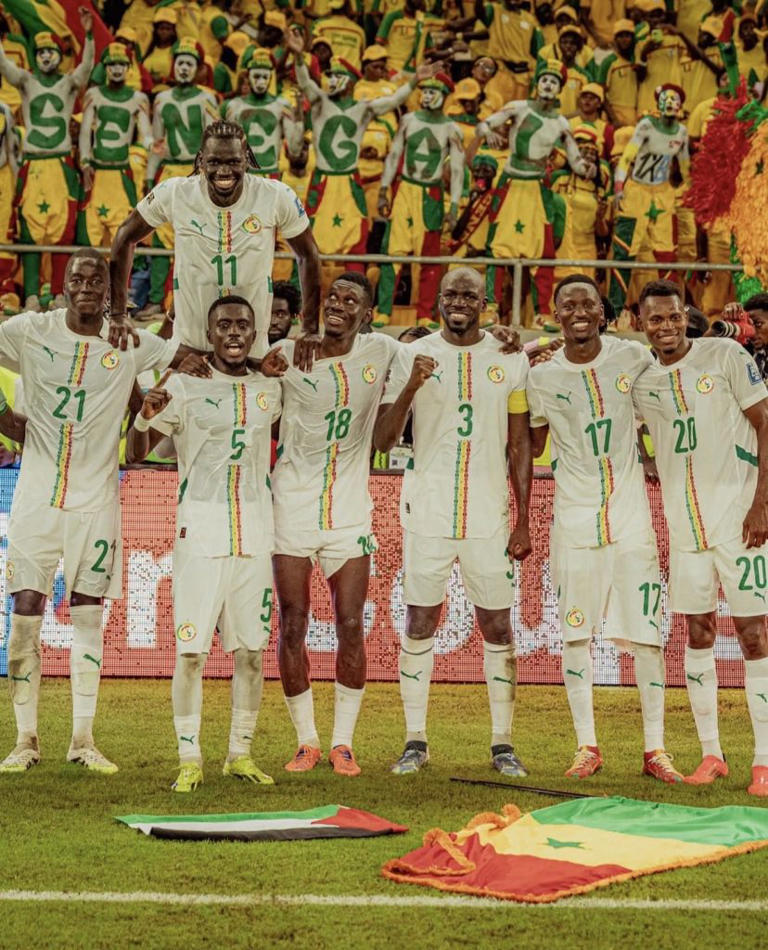The Teranga Lions of Senegal are set for a busy international window this November, with two high-profile friendlies lined up as part of their build-up to next year’s major competitions.
Senegal will first square off with five-time world champions Brazil on November 15, in what promises to be a thrilling encounter showcasing African flair against South American artistry. Just three days later, Pape Thiaw’s men will face Kenya on November 18 at the Mardan Sports Complex in Antalya, Turkey, with kick-off scheduled for 3:00 PM GMT.
The matches provide valuable opportunities for Thiaw to fine-tune his squad, test tactical variations, and give minutes to emerging talents alongside seasoned stars like Sadio Mané and Kalidou Koulibaly. For Kenya, the clash against one of Africa’s most formidable sides offers a platform to measure their progress and gain experience against elite opposition.
With both teams keen to sharpen their rhythm ahead of competitive fixtures in 2025 – 2026, the Antalya friendlies promise an exciting week of international football.
The post Senegal to Face Brazil and Kenya in November International Friendlies first appeared on Africa Top Sports. MSN






